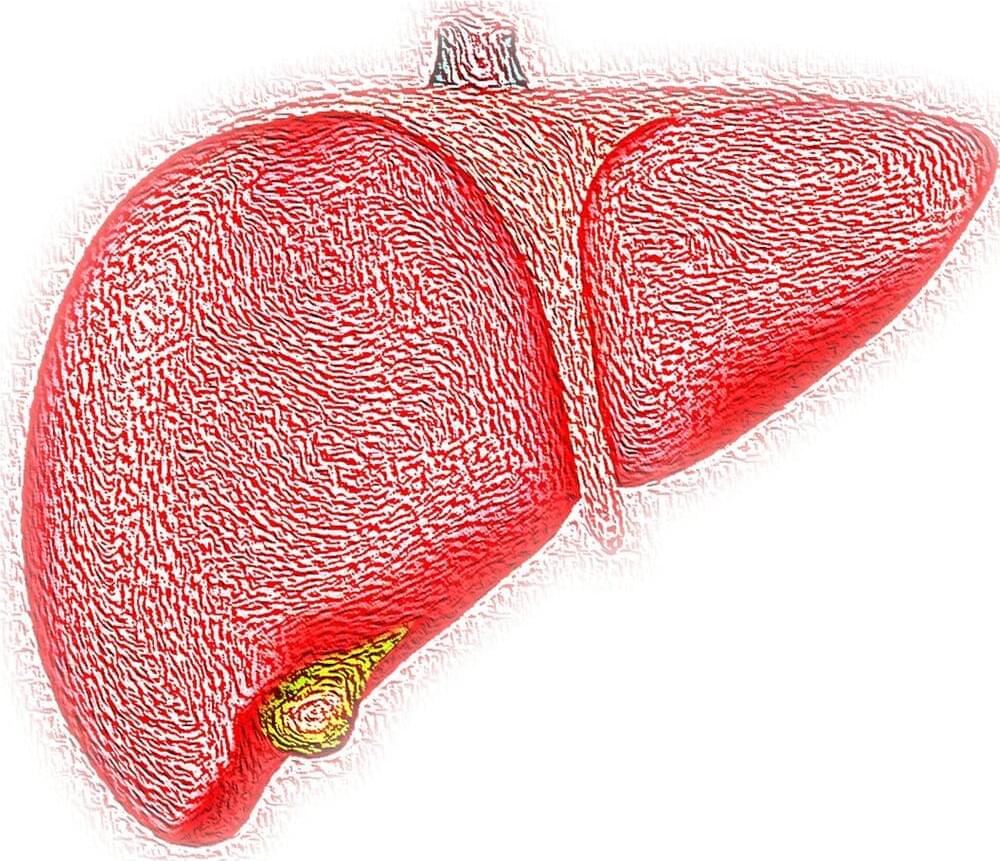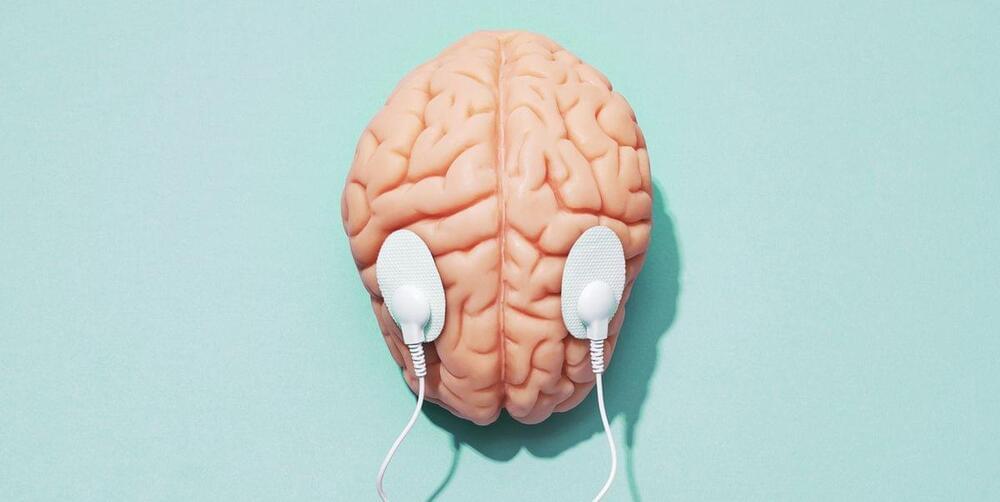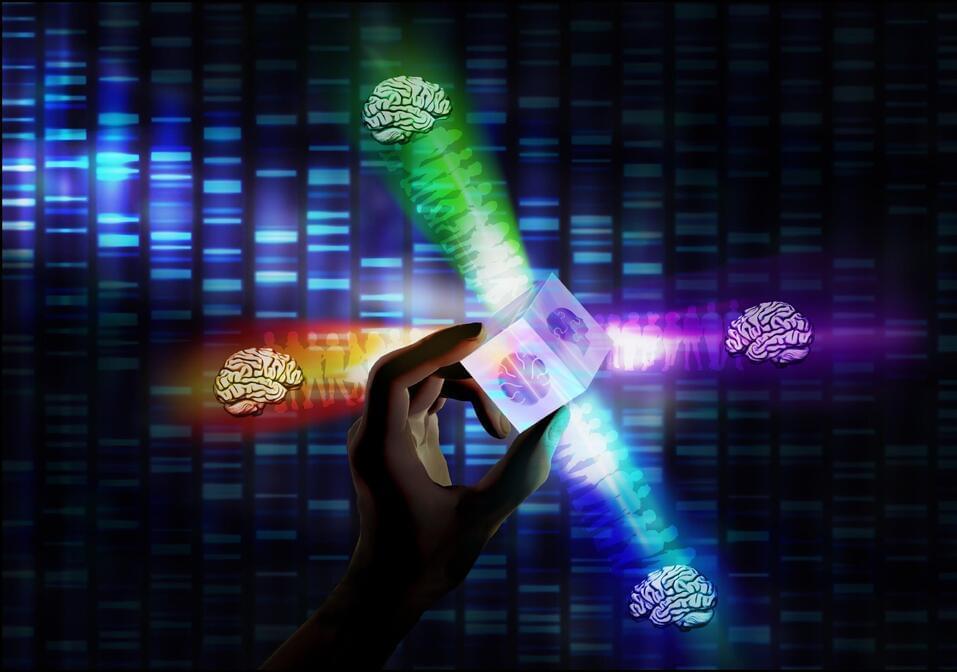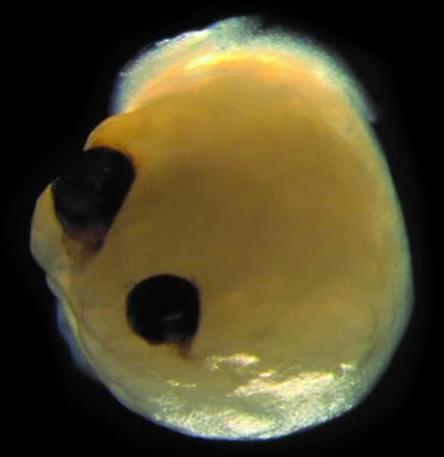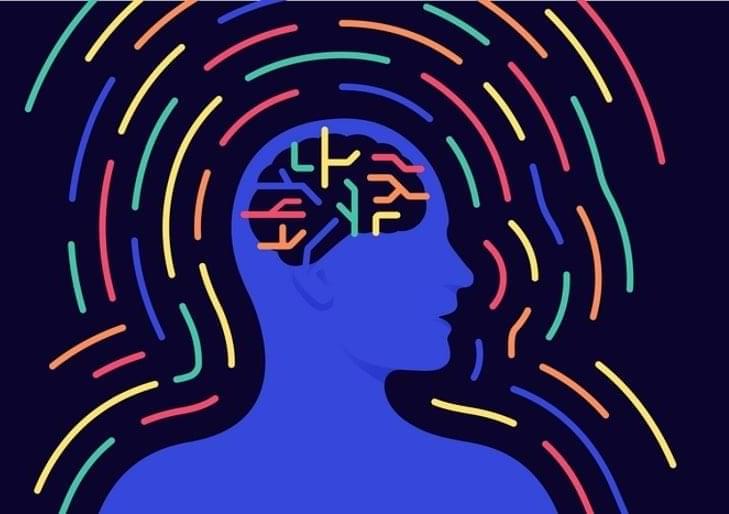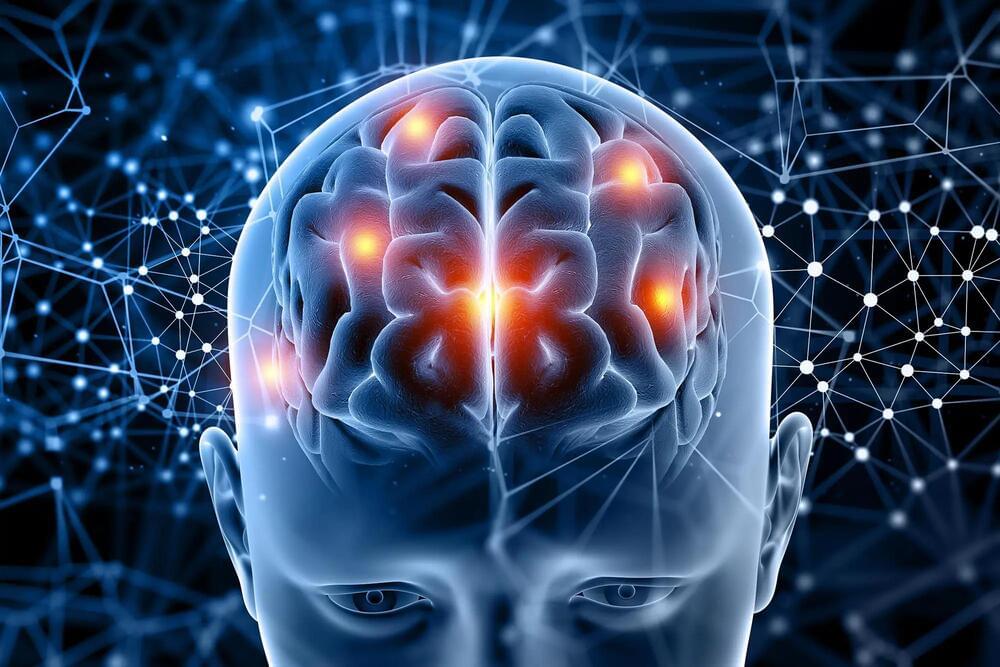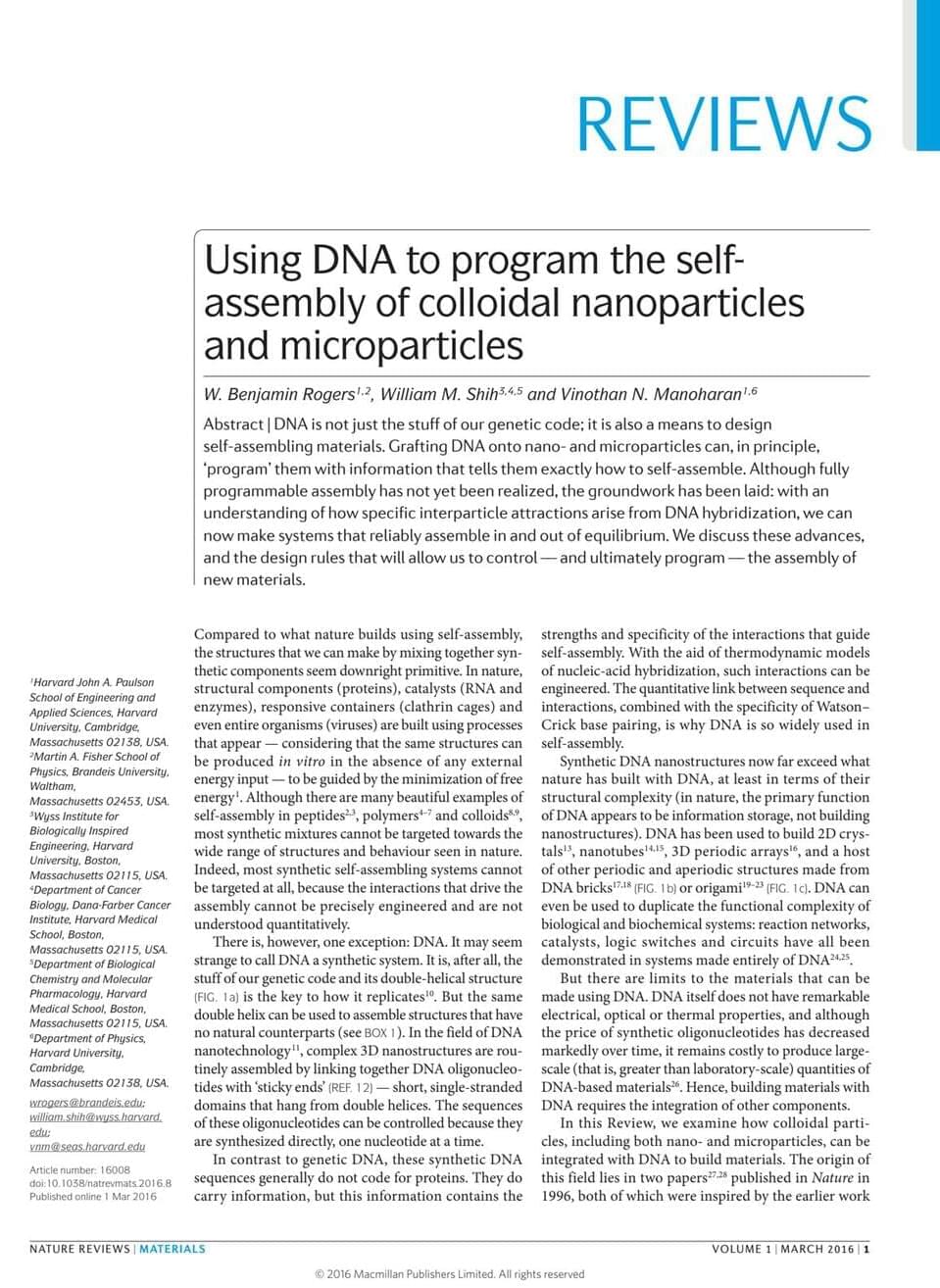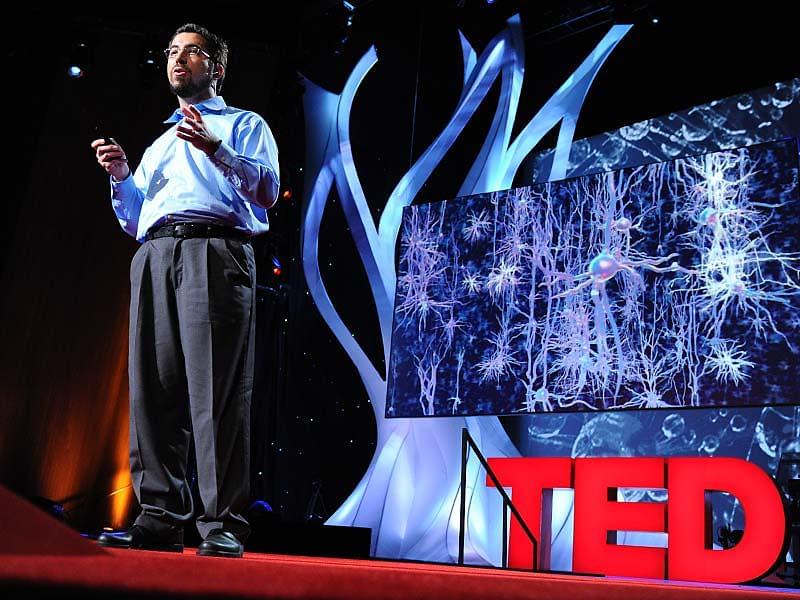Apr 21, 2023
Surgery is the most effective treatment for metabolic liver disease, says new study
Posted by Genevieve Klien in category: biotech/medical
Metabolic (bariatric) surgery is more effective than medications and lifestyle interventions for the treatment of advanced non-alcoholic fatty liver disease.
A new paper, published today in The Lancet by King’s College London and the Catholic University of Rome, is the first to compare three active treatments of non-alcoholic steatohepatitis (NASH) and to specifically investigate the effectiveness of metabolic surgery (weight loss surgery) in a randomized clinical trial.
Non-alcoholic fatty liver disease (NAFLD) is the most common cause of chronic liver disease, globally affecting 55% of people with type 2 diabetes and 75% of those with obesity. Non-alcoholic steatohepatitis (NASH) is the progressive form of the disease, and is characterized by liver cell injury and inflammation, which induce liver fibrosis (scarring of the tissue). Left untreated, it can lead to liver failure and liver cancer, and is one of the leading causes of liver transplant in the western world.
